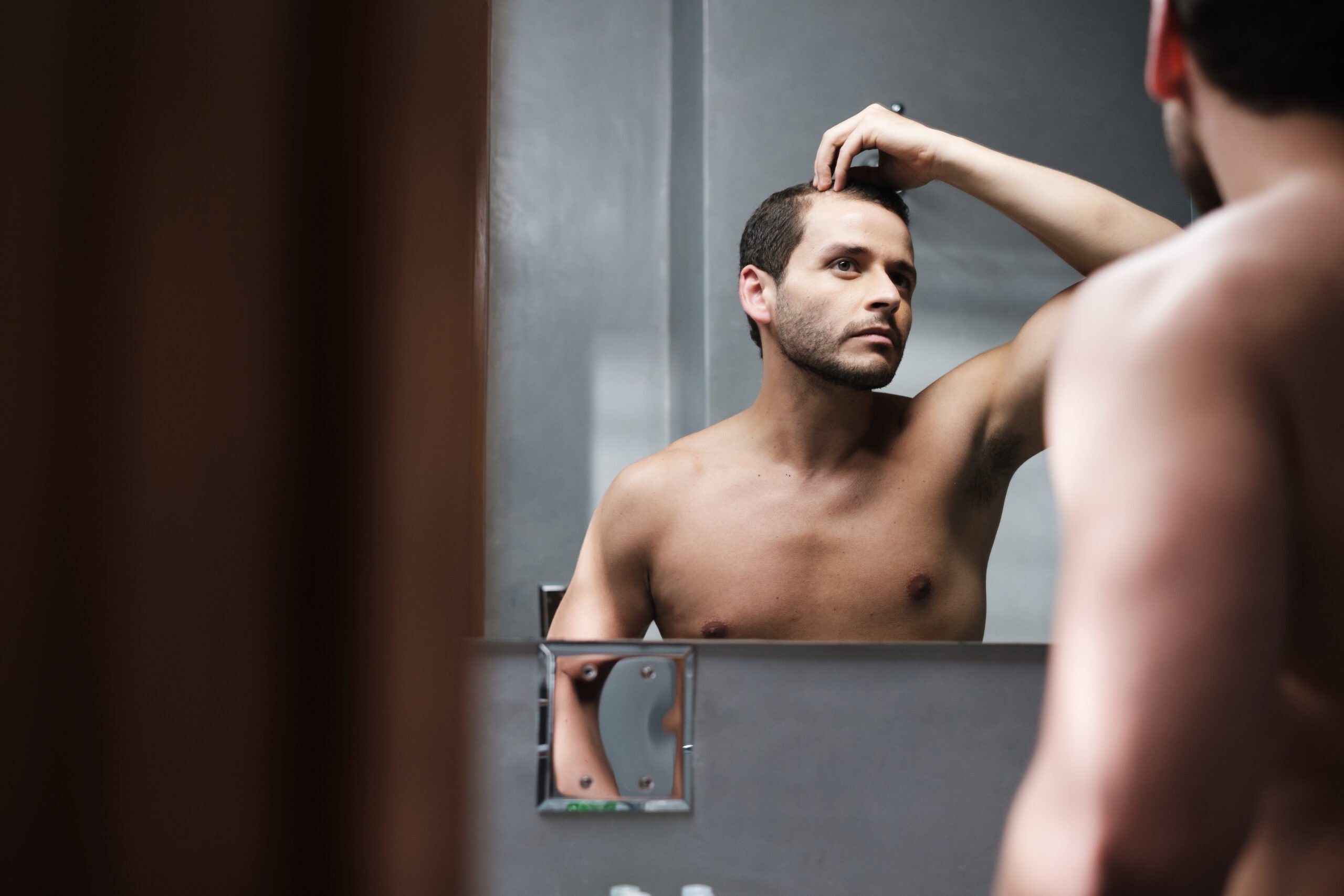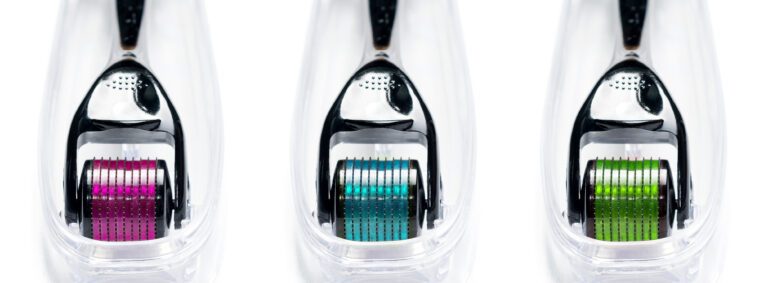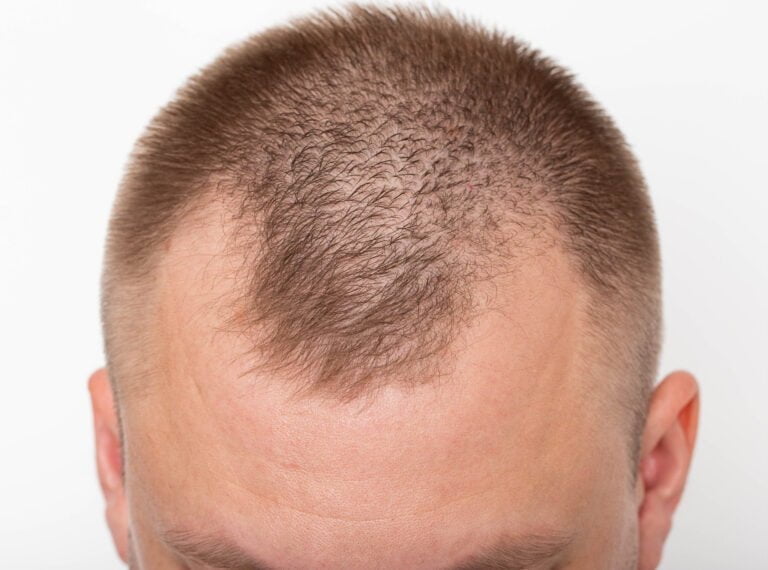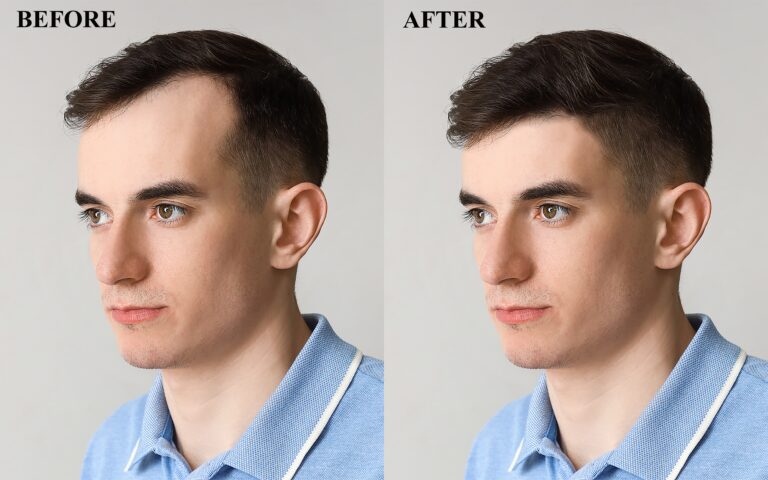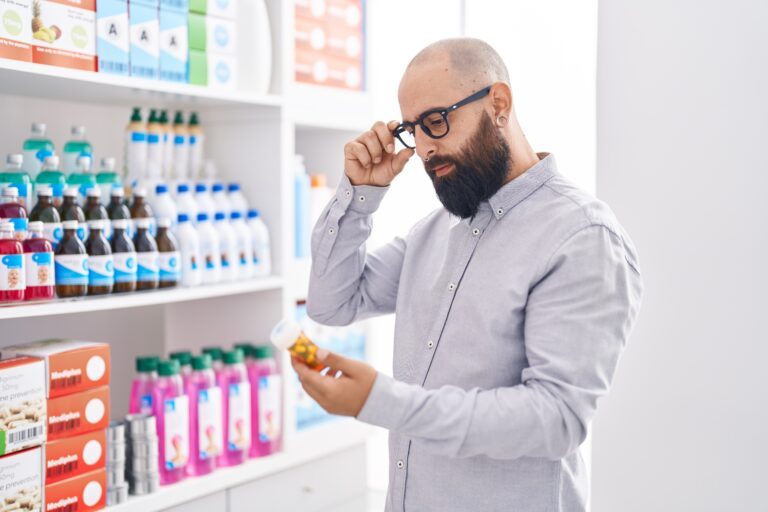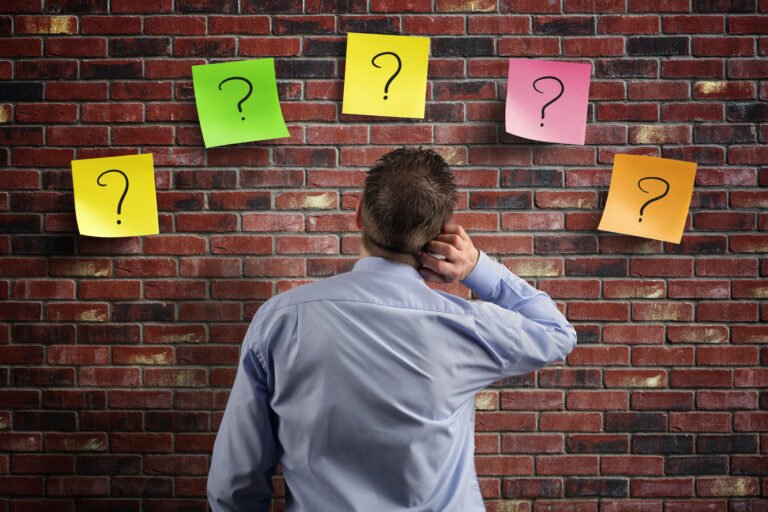Oral Minoxidil For Hair Loss: This Is What You Need To Know
Hair loss can be a challenging experience to go through, but with advancements in medical research and technology, there are more solutions than ever before.
Oral minoxidil has gained traction in recent years for its ability to stimulate hair growth, even in those who have struggled with other treatments before.
Throughout this post, we will provide you with a comprehensive understanding of oral minoxidil for hair loss. This is what you need to know article.
Whether you’re just beginning your research or are already familiar with oral minoxidil, keep reading to learn all about this fascinating medication.
Introduction to Oral Minoxidil for Hair Loss
Hair loss affects millions of people worldwide. It can be a distressing experience for anyone who experiences it.
Luckily, there are numerous treatments available to help address this concern. One prominent cure is the promising oral minoxidil.
Oral minoxidil is an FDA-approved medication used to treat high blood pressure, but it has also been found to be an effective treatment for hair loss.
How Oral Minoxidil Works for Hair Loss
Oral minoxidil works by stimulating hair growth through its ability to increase blood flow to hair follicles. If taken orally, it dilates blood vessels, enabling more oxygen and nourishment to get into the hair follicles.
This increased blood flow also prolongs the growth phase of the hair cycle, leading to thicker, longer hair strands.
Contrary to other baldness treatments that work by blocking hormones responsible for hair loss, minoxidil oral treatment works by directly promoting hair growth. An instinctive way and effective treatment option that is available for people experiencing hair fall.
Dosage and Administration of Oral Minoxidil for Hair Loss
The recommended starting dose for oral minoxidil is typically 0.25 mg per day, which is gradually increased over several weeks to a maximum of minoxidil 2.5 mg tablet per day. Stick to your healthcare provider’s specific dosing instructions.
Never take more than prescribed!
It’s best to take oral minoxidil with food to help reduce the risk of side effects such as low blood pressure levels. Alcohol isn’t good at this time, so totally avoid it.
The duration of the treatment may vary depending on the individual and the severity of hair loss. Continue taking oral minoxidil rogaine pills for at least 6-12 months to reflect optimal results.
Benefits of Oral Minoxidil for Hair Loss
Oral minoxidil results have shown to be an effective treatment for hair loss in all genders.
The benefits of using oral minoxidil 2.5 mg tablet for hair loss include increased hair growth, thicker hair, and improved hair quality. One of the advantages of using oral minoxidil tablets for hair growth is that they can be taken orally, eliminating the need for the topical version of the medicine.
Moreover, studies have shown that oral minoxidil can significantly reduce hair loss and promote growth in people with androgenetic alopecia [AGA].
In addition, oral minoxidil has also been used off-label to treat other types of hair loss, such as telogen effluvium, with promising results.
Side Effects of Oral Minoxidil
Oral minoxidil side effects are rare when used in low doses. However, it’s critical to be informed of the consequential complications while on this medication.
Below are some of the recognized side effects connected with oral minoxidil use. Be sure to visit this site, Midland Skin, as this is discussed in detail plus the relative studies.
Hypertrichosis
Hypertrichosis or excessive hair growth is the most prevalent side effect of oral minoxidil. This occurs in areas outside the scalp, such as the face and body.
This is common in higher doses, but it can be managed with various hair removal methods.
Temporary Shedding
This side effect normally occurs within the first six weeks and may cause concern. However, continue taking the Rogaine pills as the shedding will stop after four weeks.
It’s necessary to be patient during this period, this is a normal part of the hair growth cycle. Once the shedding has stopped, hair growth will resume, and you’ll begin to see the benefits of the treatment.
Fluid Retention and Ankle Swelling
It’s best to be aware that oral minoxidil can cause ankle swelling and fluid retention in some people. Although this side effect is relatively uncommon, it may be more likely to occur at higher doses.
Low Blood Pressure and Feeling Lightheaded
When taking oral minoxidil, it’s possible to experience low blood pressure and lightheaded even at lower doses. It’s essential to monitor your blood pressure and inform your doctor if you experience any symptoms.
Fast Heart Rate
Oral minoxidil for hair loss usage may lead to a fast heart rate but typically occurs at higher doses. If you’re taking other medications that can increase heart rate such as asthma inhalers, it’s important to notify your physician.
Headaches
Headaches are a possible side effect of oral minoxidil use, with up to 9% of people experiencing them. However, this usually diminishes over time.
Rare Complications
Although rare, some individuals may experience additional side effects while taking oral minoxidil. These side effects may include skin rashes, breast tenderness, insomnia, pericarditis, nausea, vomiting, and nightmares.
Important notice: If you experience any of these side effects, it’s vital to inform your hair specialist.
However, if you encounter symptoms such as a sudden and rapid increase in pulse rate, palpitations, dizziness, shortness of breath, chest pain, or fainting, it’s important to seek medical attention by calling emergency services.
Precautions and Considerations for Using Oral Minoxidil
Before using oral minoxidil, it’s necessary to consider several precautions to ensure its safe and effective use. Here are some safeguards and concerns to keep in mind:
- Consult a Healthcare Provider
It’s recommended to consult a healthcare provider before starting oral minoxidil to discuss any pre-existing medical conditions or medications that may interact with the drug. Your healthcare provider will give you the best possible advice.
- If Pregnant or a Breastfeeding Mother
It’s best to avoid oral minoxidil during pregnancy and breastfeeding as it can pass through breast milk and can affect the baby.
- Dosage
Oral minoxidil is best taken in the recommended doses as instructed by the healthcare provider. Taking higher doses than prescribed is discouraged.
- Let Your Dentist Know
Inform your dentist if you’re taking oral minoxidil, as it may interact with certain anesthetics used during dental procedures.
Frequently Asked Questions (FAQs) About Oral Minoxidil for Hair Loss
- Is oral minoxidil 2.5 mg tablet for hair loss more effective than topical minoxidil for hair loss?
Oral minoxidil is generally considered more effective than topical minoxidil because it has a systemic effect, meaning it affects the entire body, whereas the latter only affects the scalp.
- Oral minoxidil is not FDA-approved for the treatment of baldness.
Its use in hair loss is entirely OFF-Label. The use of oral minoxidil is FDA-approved for treating high blood pressure.
- Can oral minoxidil be used by women?
Yes, oral minoxidil can be used by women. But women may be prone to side effects such as facial hair growth. It’s better to ask for advice from a healthcare professional.
- Can oral minoxidil be used in combination with other hair loss treatments?
Yes, oral minoxidil can be used in combination with other treatments.
- Can oral minoxidil be used for other types of hair loss besides androgenic alopecia?
Yes, oral minoxidil has been used for other types of hair loss, such as alopecia areata. But its effectiveness may vary depending on the cause of hair loss.
- Is it safe to stop taking oral minoxidil suddenly?
No! It’s not safe to stop taking oral minoxidil suddenly. Abruptly stopping the medication can cause a rapid increase in blood pressure, so it’s important to gradually reduce the dosage under the guidance of a healthcare professional.
- How long should I continue to use oral minoxidil?
Continue using oral minoxidil as long as it’s effective for you. Discontinuing the medication can cause hair loss to resume. Use it according to the directions of a healthcare professional.
- Will I lose my hair again if I stop taking oral minoxidil?
Yes, if you stop taking oral minoxidil, your hair growth will likely revert to its previous state.
- In what cases can oral Minoxidil be effective despite topical Minoxidil not working?
Individuals may not respond to topical Minoxidil due to the absence of the sulfotransferase enzyme in their hair follicles, which is necessary to activate Minoxidil into Minoxidil Sulphate.
However, the enzyme is present in the liver, and it can activate the oral medication even when it’s absent in hair follicles.
Conclusions: Is Oral Minoxidil Right for You?
In conclusion, oral minoxidil can be a suitable option for individuals with androgenetic alopecia who have not responded to other treatments or those who cannot tolerate them. Consult a healthcare professional to ensure it is the right choice for you.
While it can provide positive results, there are potential side effects that need to be considered. It’s crucial to follow the dosage instructions and be aware of any changes in blood pressure or heart rate.
Additionally, it’s important to maintain realistic expectations and understand that results may vary from person to person. Overall, with the guidance of a healthcare professional, oral minoxidil can be an effective treatment for hair loss.

